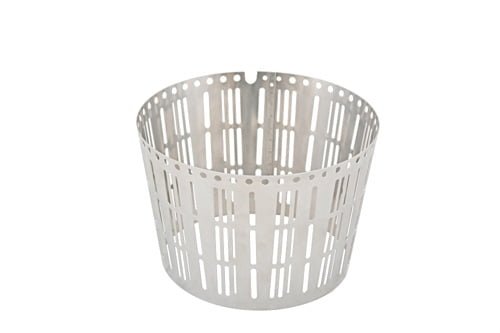Aluminum etching is a precise and reliable manufacturing process widely used in various industries due to its ability to create intricate and detailed components. Below are some applications of aluminum etched products, emphasizing why etching is preferred over traditional manufacturing methods.
Table of Contents
Aerospace Components
Aluminum etched components are vital in aerospace due to their lightweight and high-strength properties. The precision of etching allows for the creation of complex shapes and fine details that are critical for performance and safety.

Traditional Method: Traditional machining methods often result in heavier components with less precision, affecting the aircraft’s overall performance and fuel efficiency.
Automotive Parts
In the automotive industry, aluminum etched parts are used for engine components, brackets, and heat exchangers. The process ensures parts are lightweight yet durable, contributing to better fuel economy and performance.

Traditional Method: Stamping and casting are traditional methods, but they can introduce stress points and irregularities, reducing the part’s lifespan and reliability.
Electronic Components
Etched aluminum is commonly used in electronic devices for EMI/RFI shielding, circuit board components, and connectors. The precision of etching allows for the creation of fine patterns and thin layers necessary for high-performance electronics.

Traditional Method: Traditional methods like drilling and stamping can damage delicate electronic components and do not provide the same level of detail and precision.
Heat Exchanger Plates
Aluminum etched plates are used in heat exchangers due to their high thermal conductivity and the ability to create complex fluid pathways that enhance heat transfer efficiency.

Traditional Method: Milling and casting are less effective in creating the intricate channels needed for efficient heat exchange and can lead to increased material waste.
Speaker Grilles
Aluminum etched speaker grilles offer a high degree of customization and precision, allowing for intricate designs that improve acoustic performance while providing a sleek, modern appearance.

Traditional Method: Traditional manufacturing methods can limit design complexity and may result in heavier, less efficient grilles.
Battery Grids
Aluminum etched grids are used in batteries to improve efficiency and conductivity, providing a lightweight solution that enhances battery performance and lifespan.

Traditional Method: Traditional grids often lack the precision and conductivity of etched grids, resulting in less efficient batteries.
